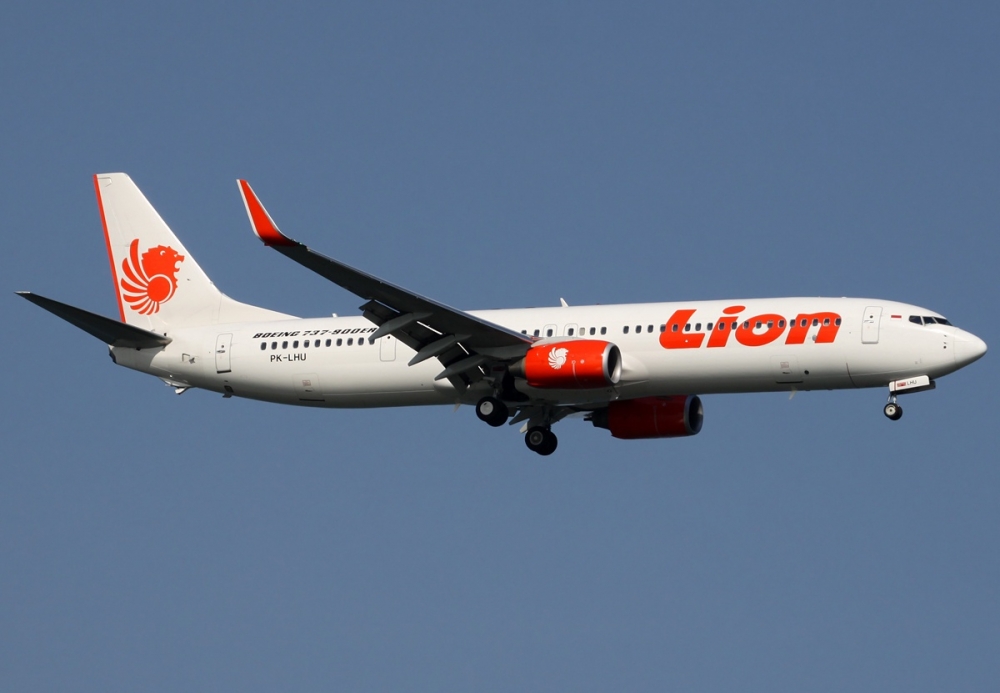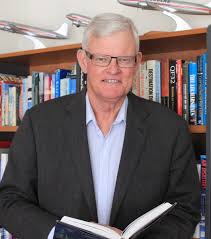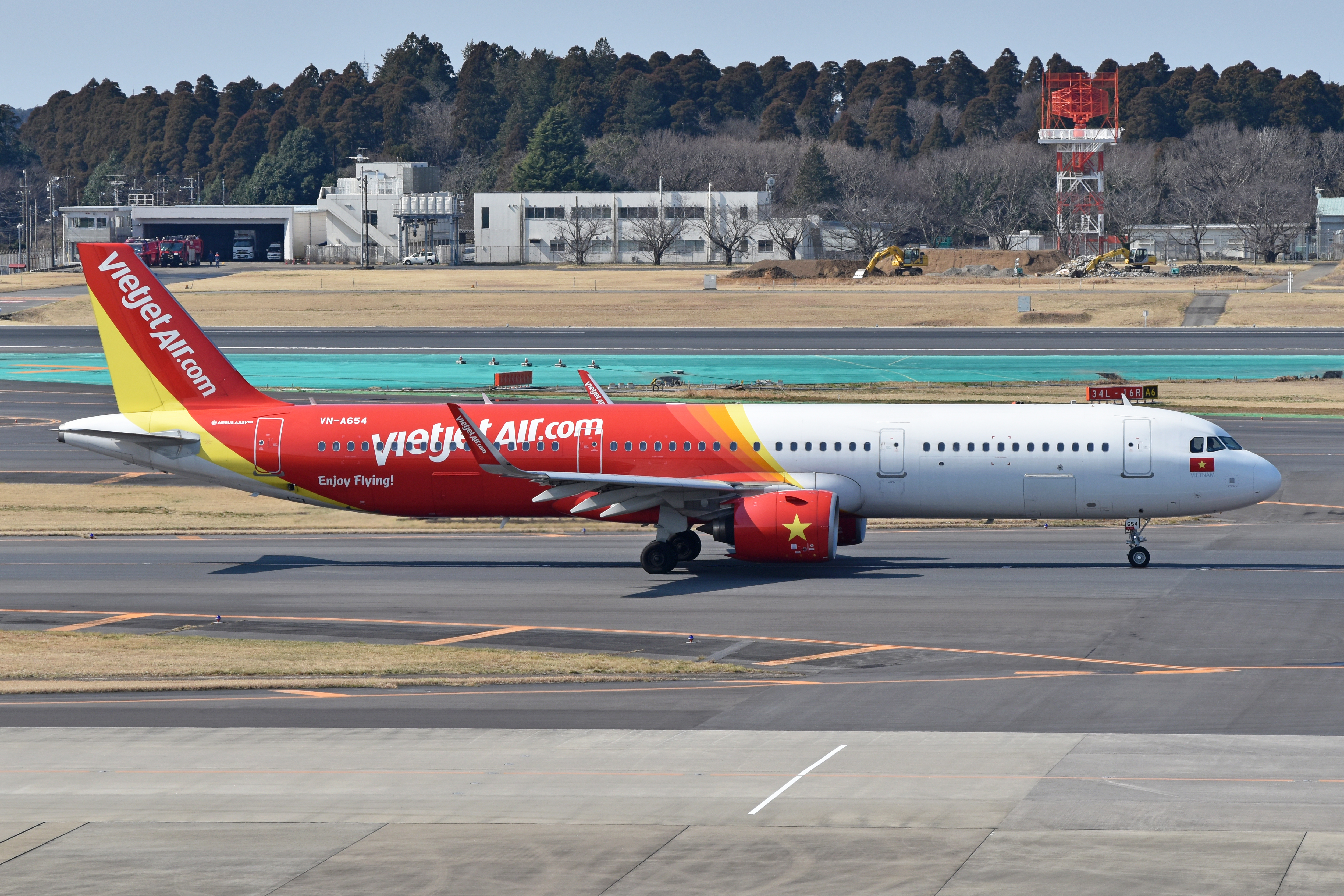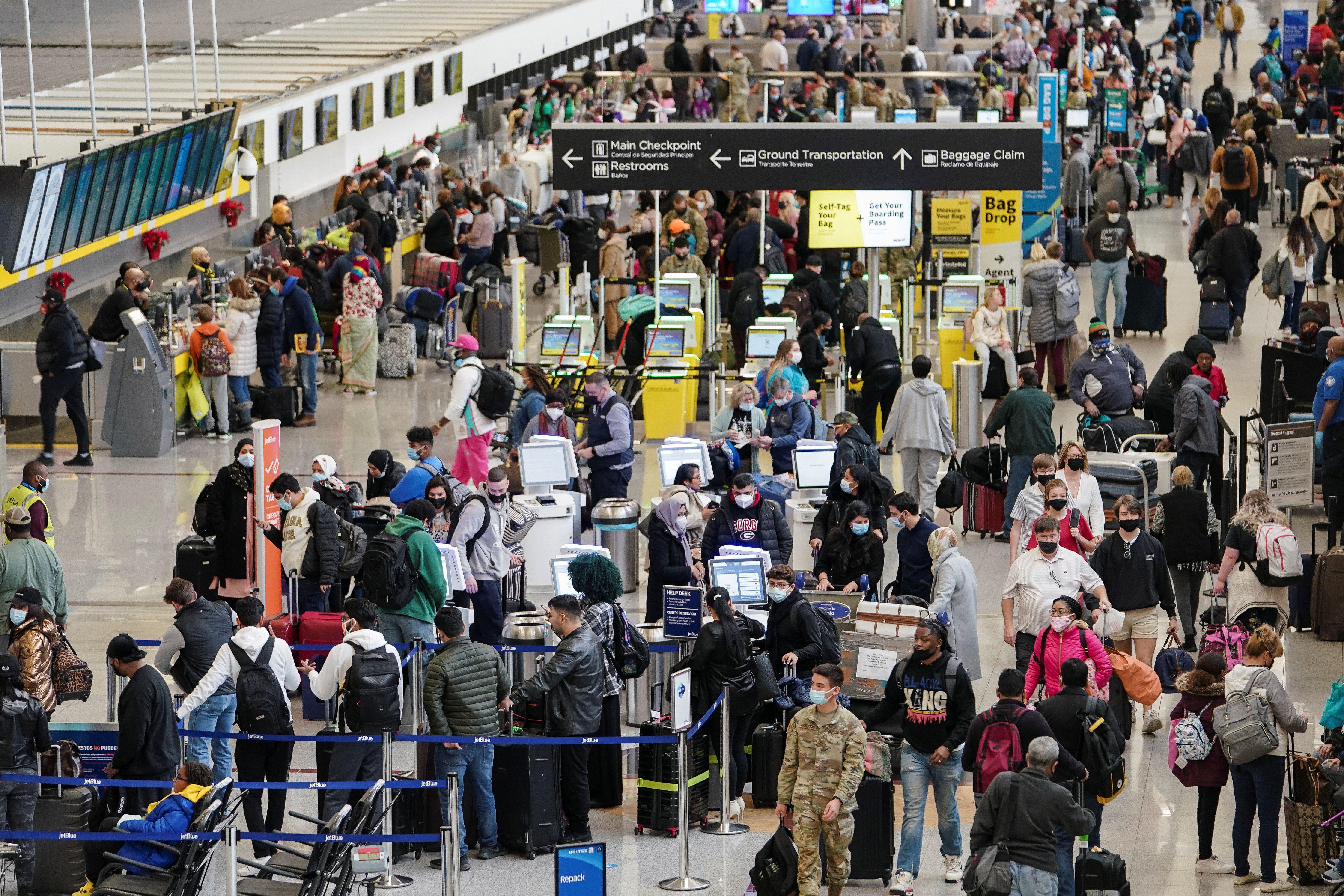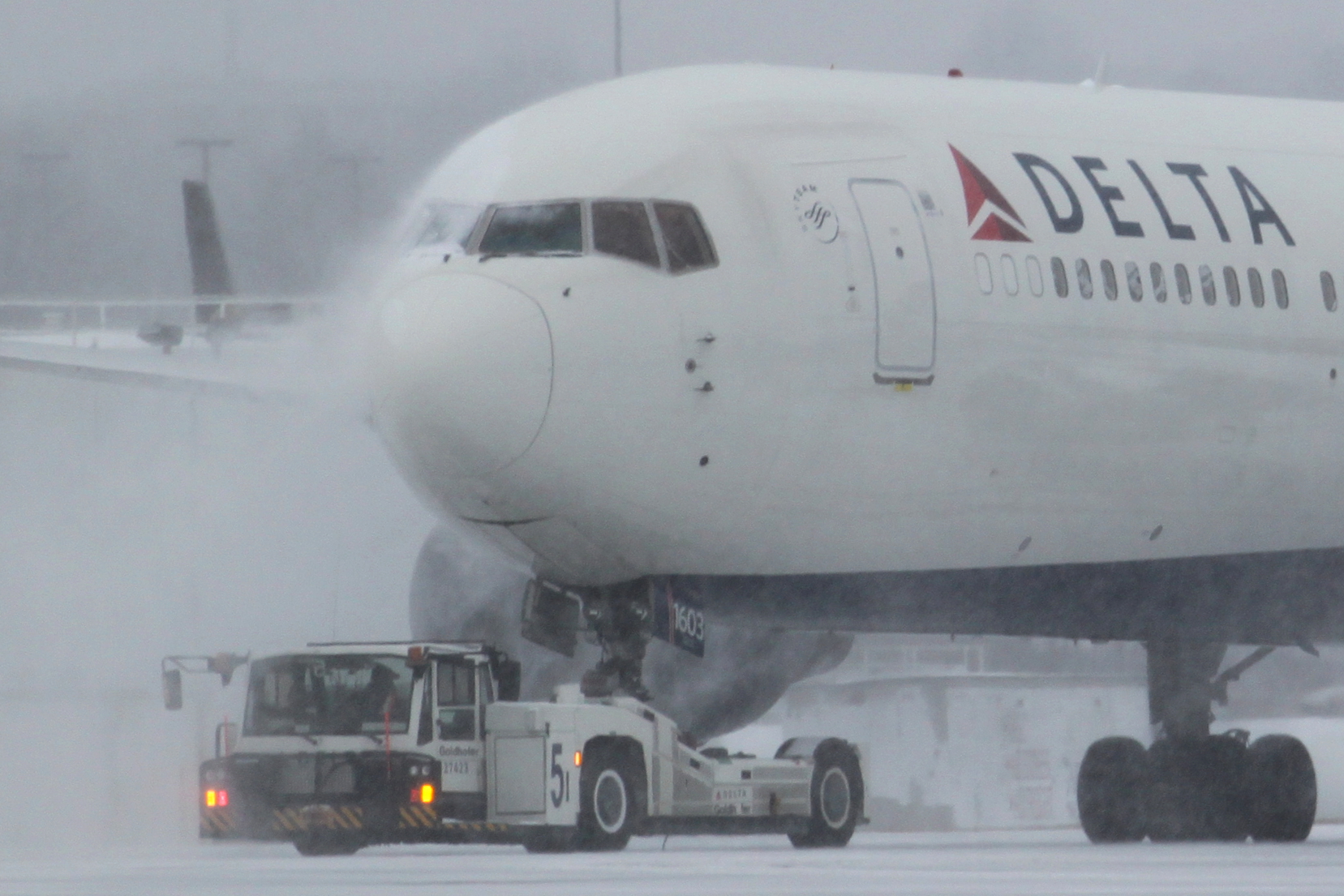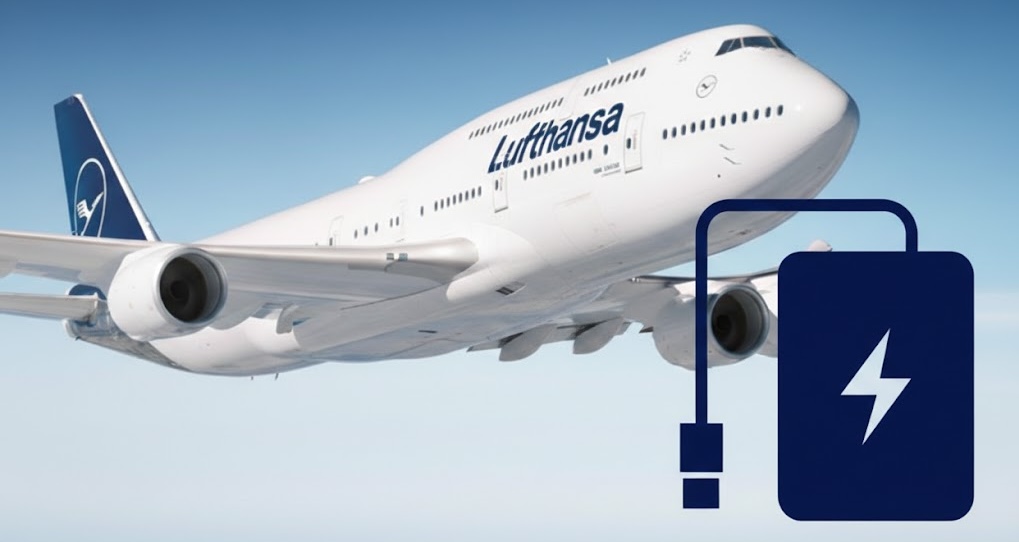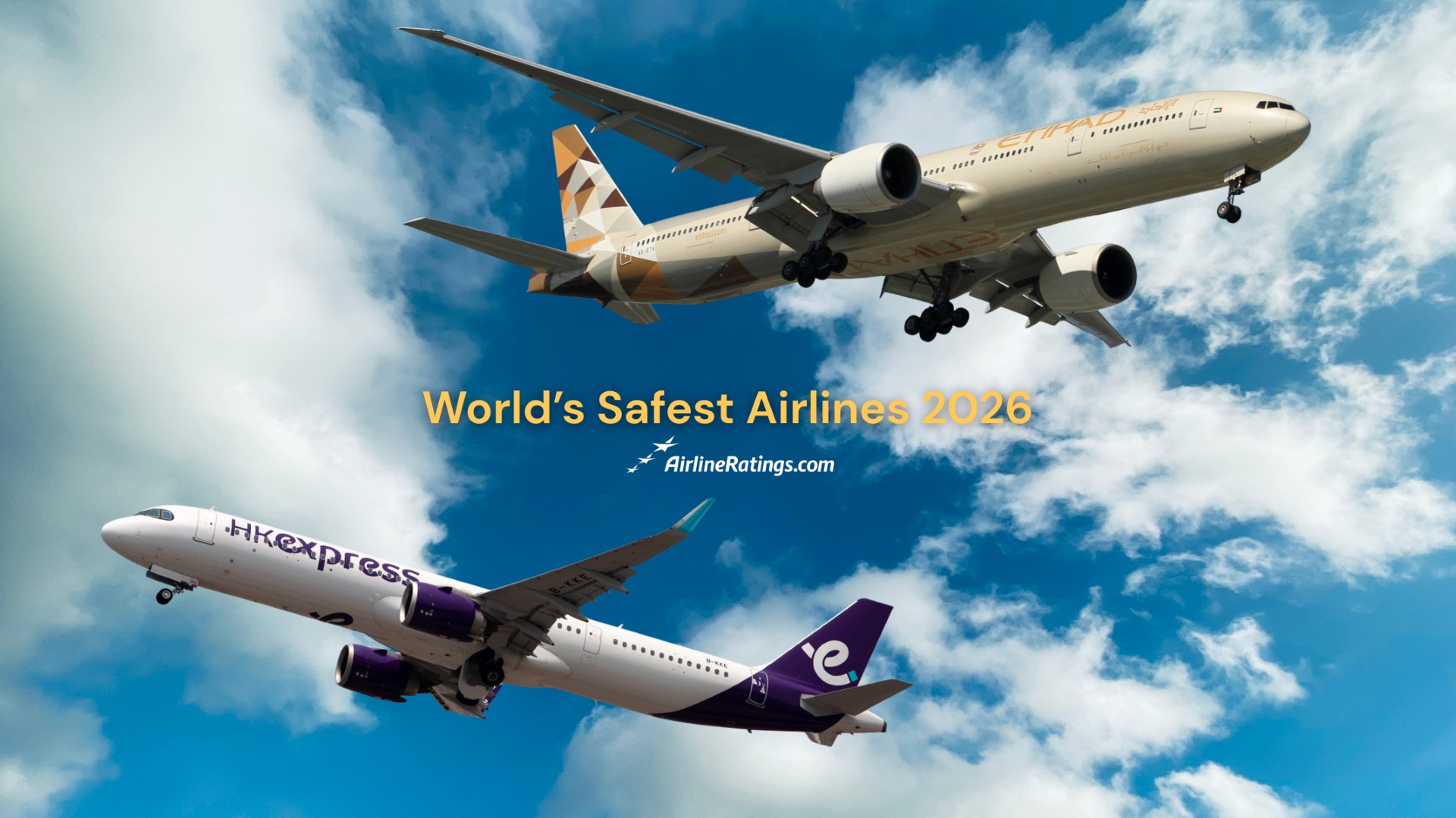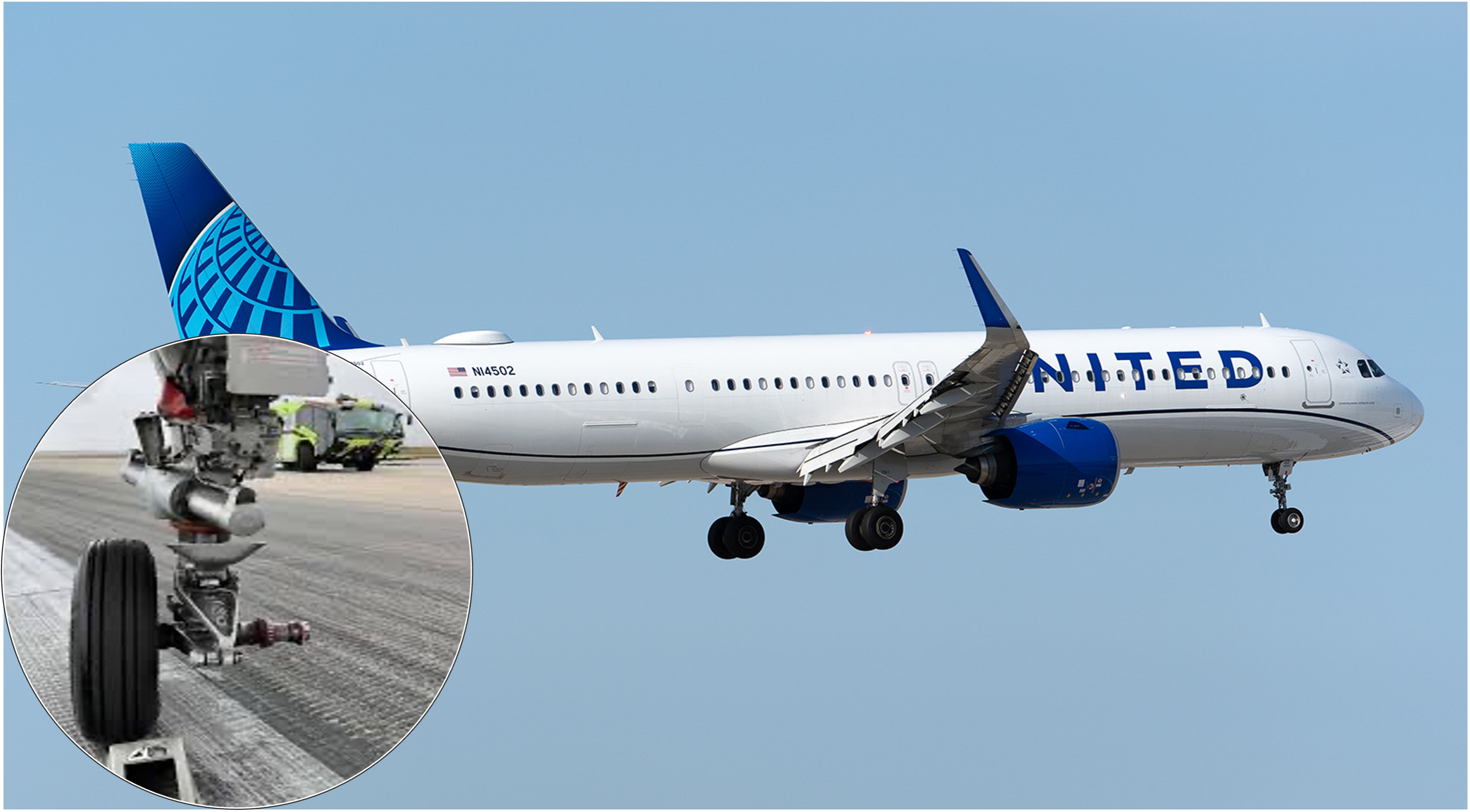A new investigation by the New York Times has placed some blame for the two 737 MAX crashes on pilot training and inexperience.
The author of the article is William Langewiesche a former national correspondent for The Atlantic and international correspondent for Vanity Fair. He grew up in aviation and got his start as a pilot before turning to journalism.
READ: Vietnam Airlines pilots fail to lower landing gear.
Langewiesche wrote of Lion Air, that the Indonesian airline whose 737 MAX crashed on October 29, killing all 189 people on board that "Lion Air is an aggressive airline that dominates the rapidly expanding Indonesian market in low-cost travel. It is known for hiring inexperienced pilots and for paying them little and working them hard."
Langewiesche added: "The captain, an Indian national named Bhavye Suneja, 31, was put in charge of piloting the 737 sooner than he would have been at “a more conventional airline. And once that 737 Max was having issues, the Lion Air crew didn’t mitigate the failures."
The lack of experience of the pilots and issues with training was highlighted first by this website.
A stark example was Suneja’s lack of experience when he told air traffic control that he didn’t know the plane’s altitude.
Last year Frank Caron, who was brought in as Lion Air’s safety manager from 2009 to 2011 on orders from insurance firms, told the New York Times that the airline had an average of one major engineering issue every three days, even though most of its fleet was new.
“Buying all the latest‑generation, state‑of‑the‑art engineering will be in vain if you don’t have systems in place that prioritize safety,” he told the NYT.
Caron said that pilot logbooks drastically understated the number of hours pilots actually worked.
“What I saw was a company, from the top down, that made saving money a motto — so spend the minimum on pilot training, salaries, management, everything,” he said.
Caron told Reuters that “safety is much more than running concepts and procedures, safety is a spirit, a state of mind, a way of thinking, an attitude in the daily aspects of operational life.
“And that is precisely what Lion never got. They would say, ‘the airline has 250 flights a day, it is not abnormal that you have accidents.’”
After the 2013 Bali crash, Lion Air co-founder Rusdi Kirana told media when asked about the airline’s poor safety record: “If we are seen to have many accidents, it’s because of our frequency of flights.”
Caron told Reuters that he left Lion Air after some of his safety recommendations were not implemented.
Lion Air rejected all of Caron’s claims.
Have questions or want to share your thoughts?
